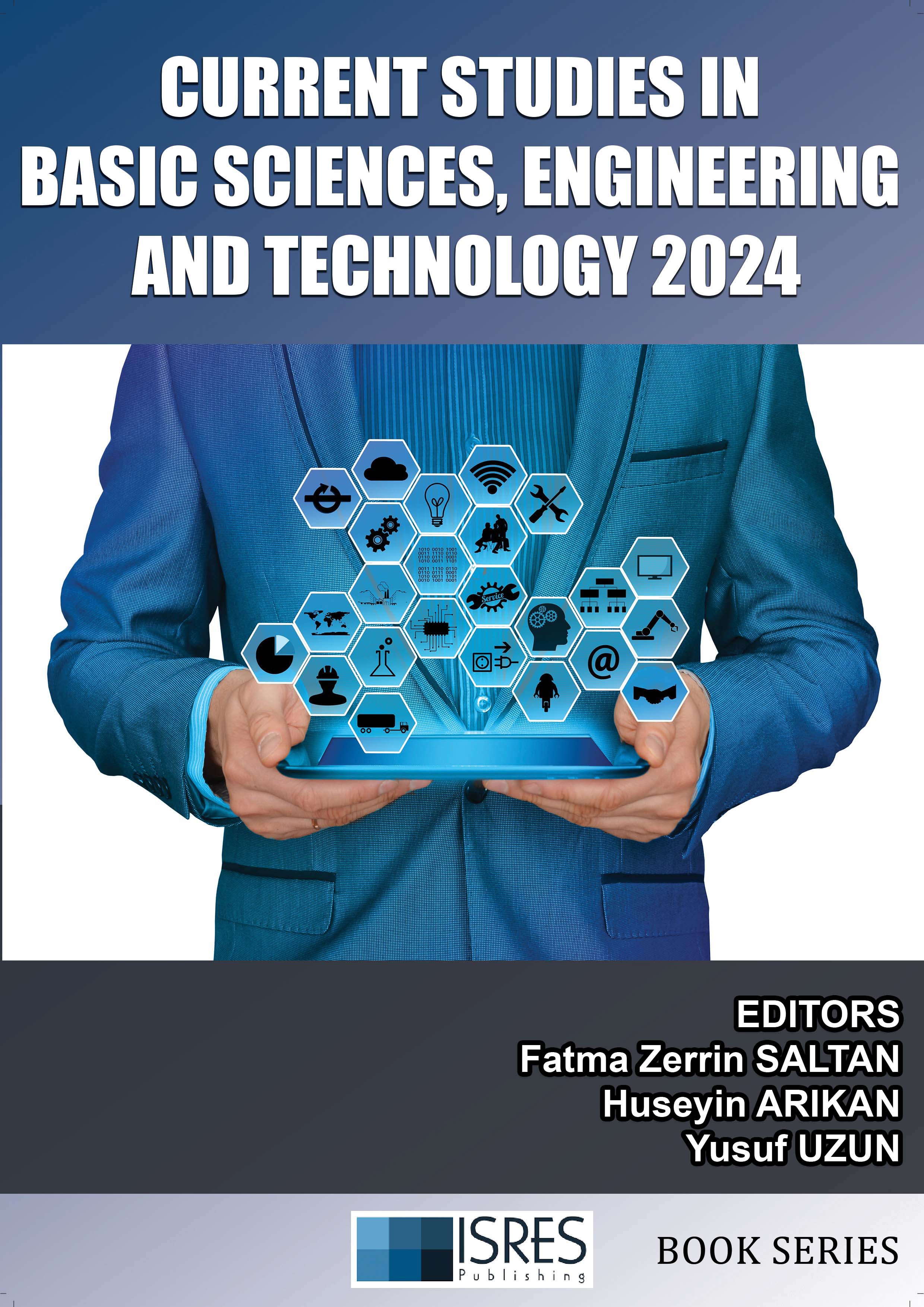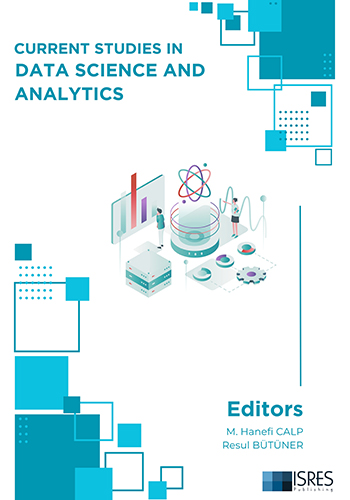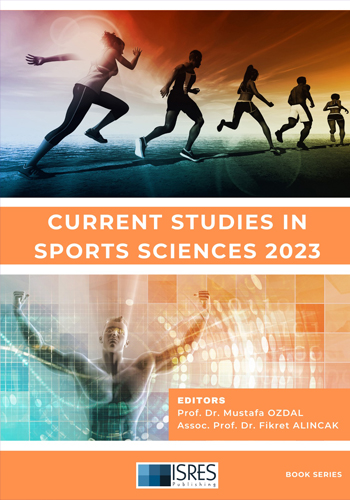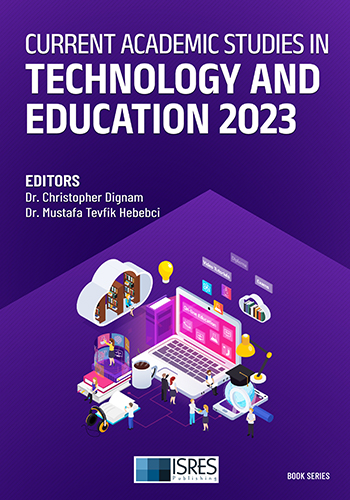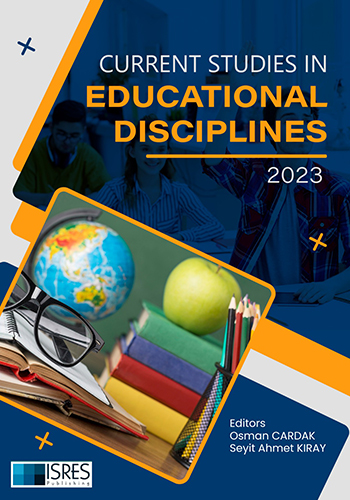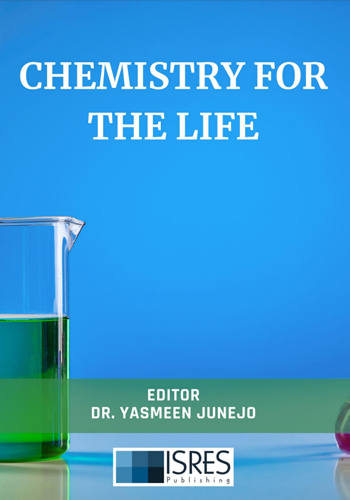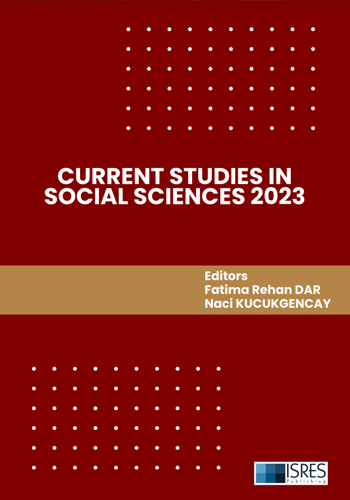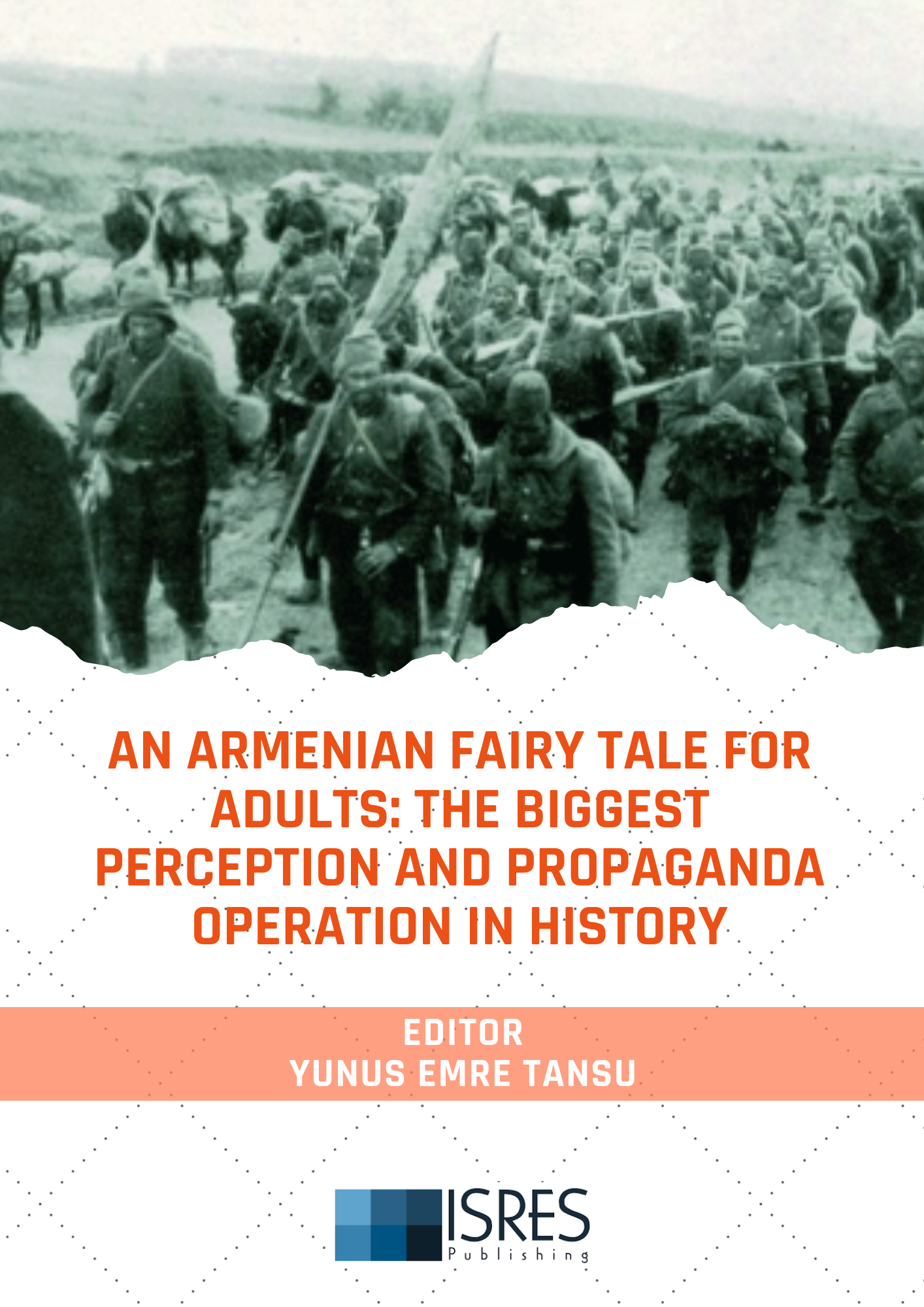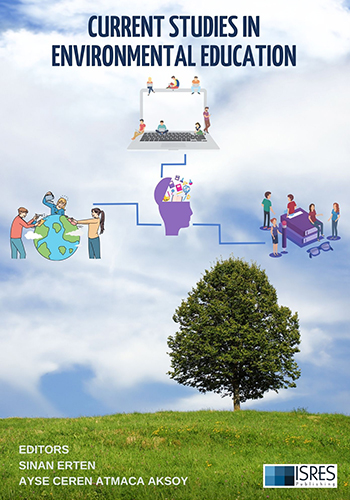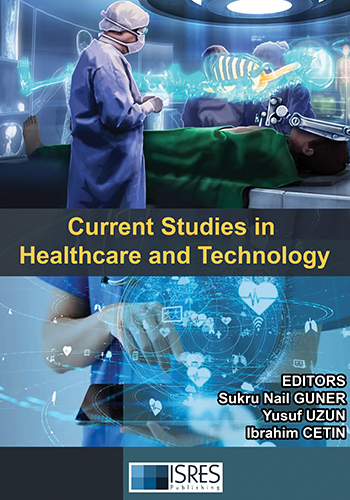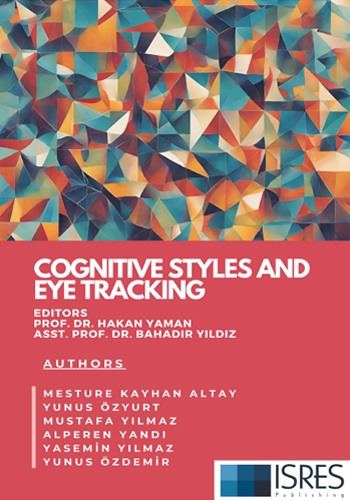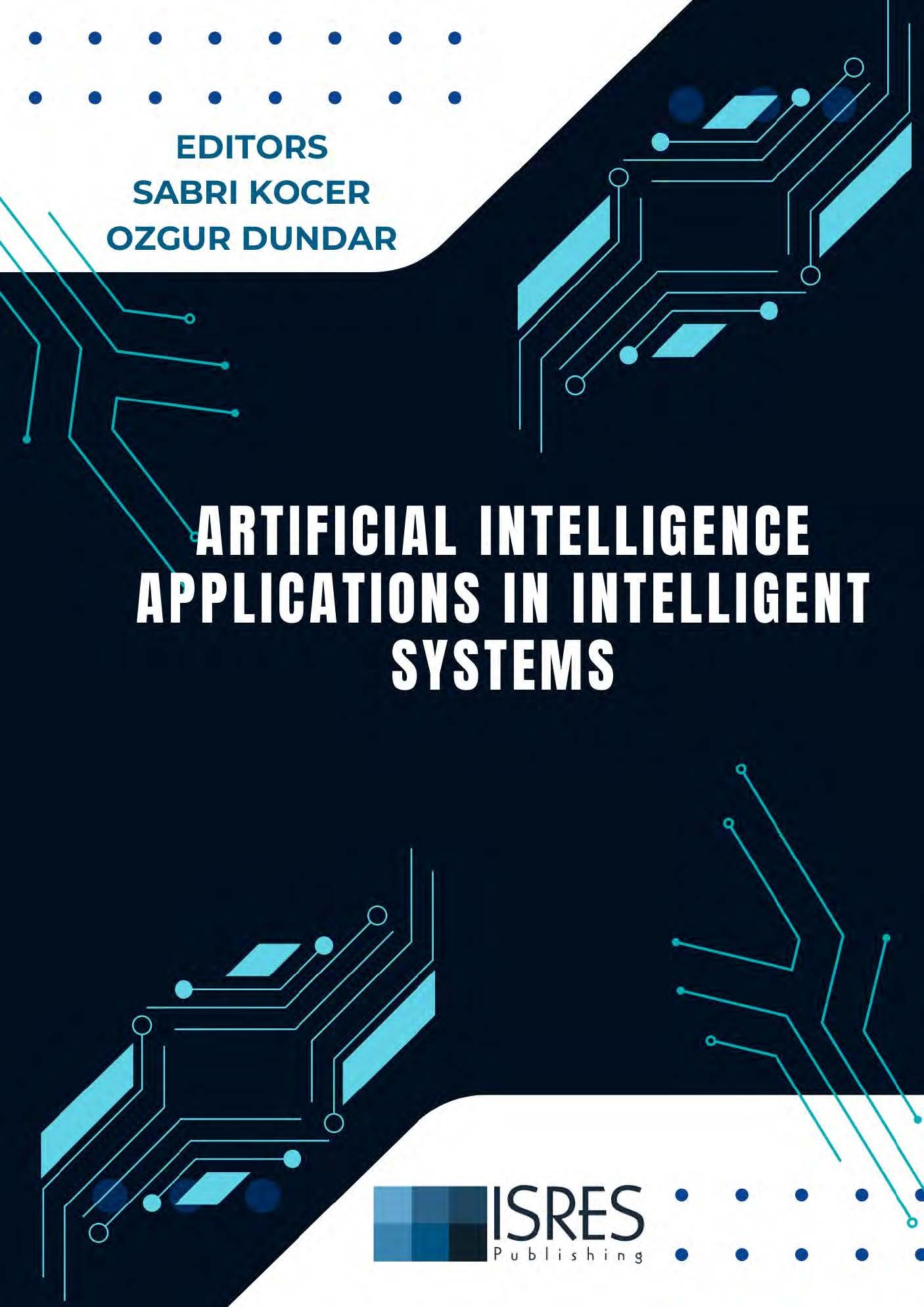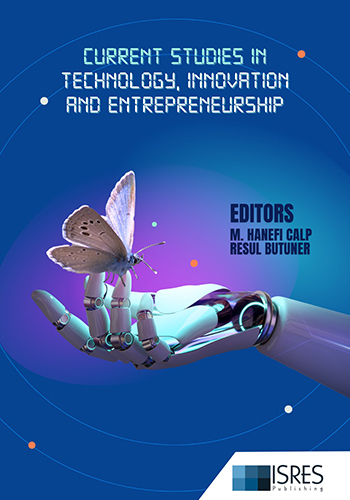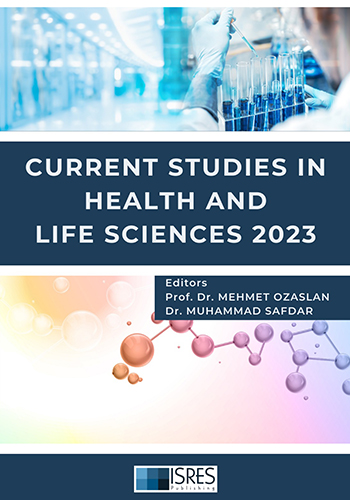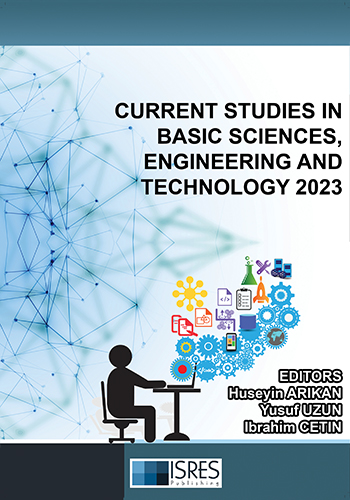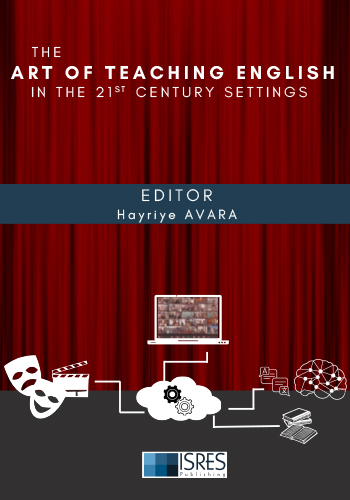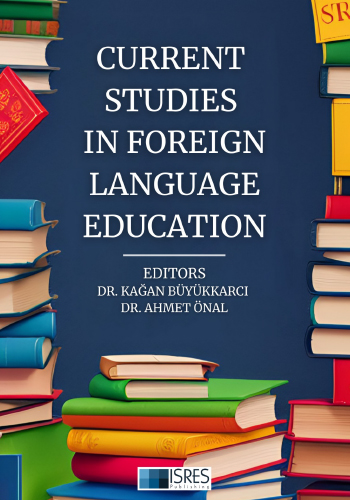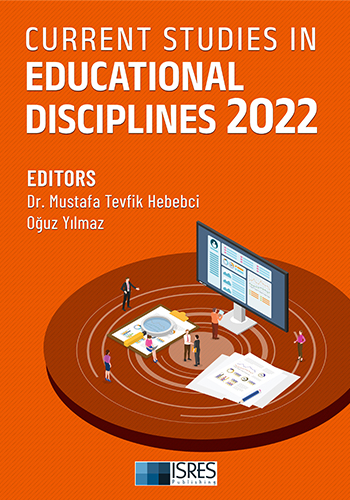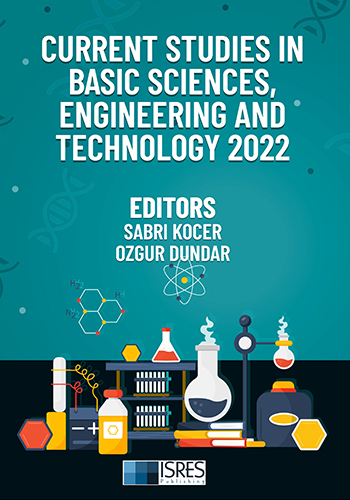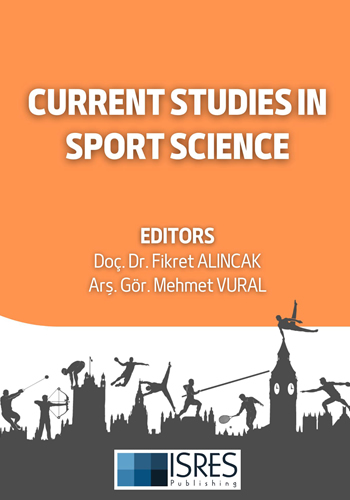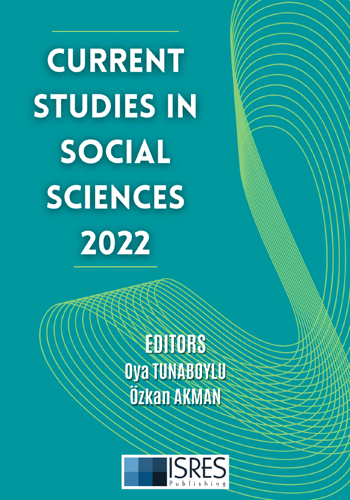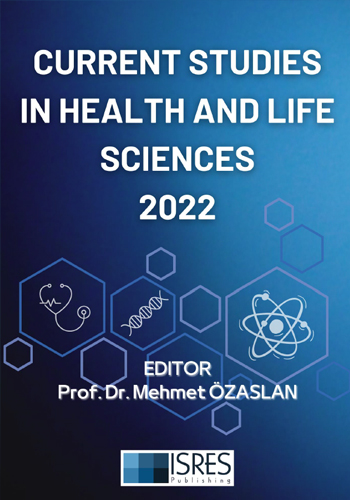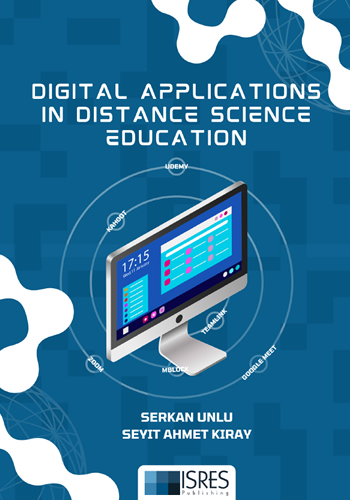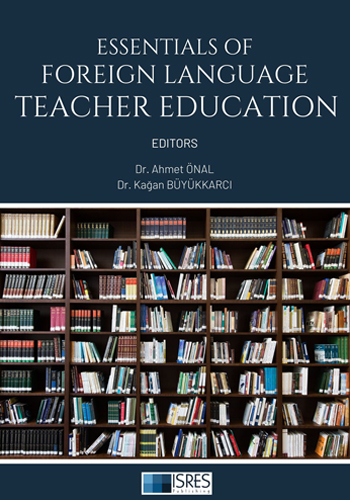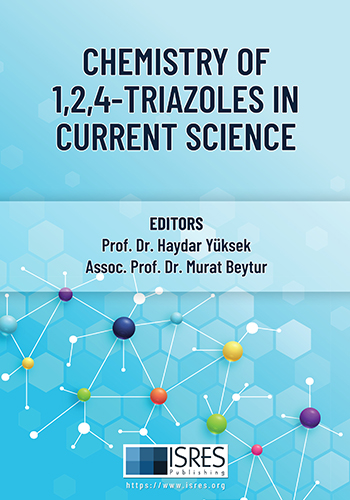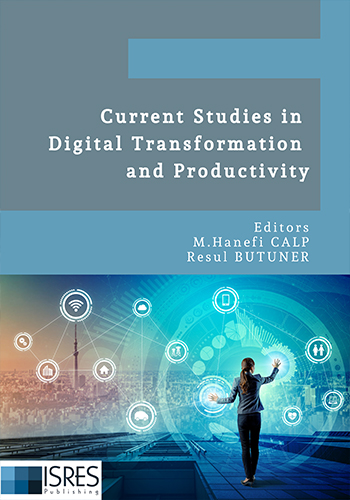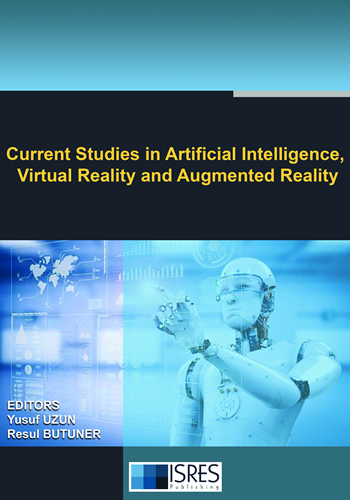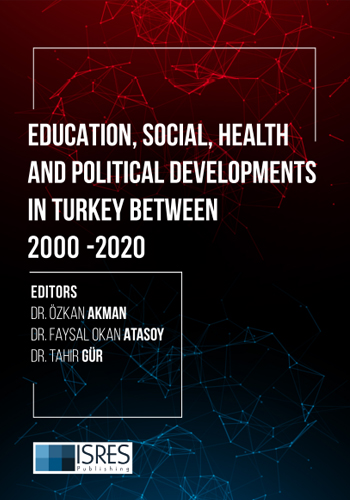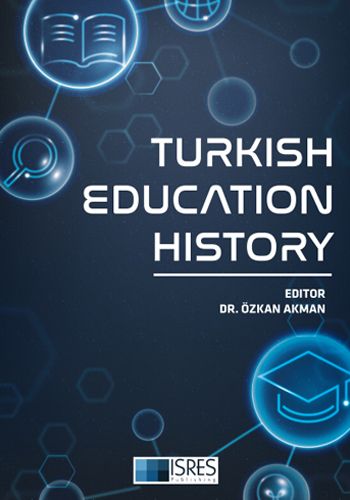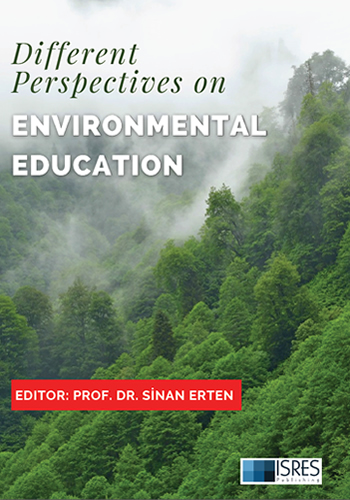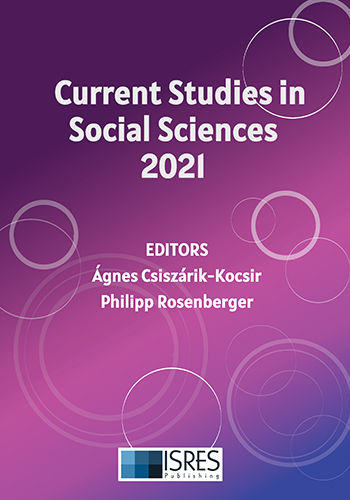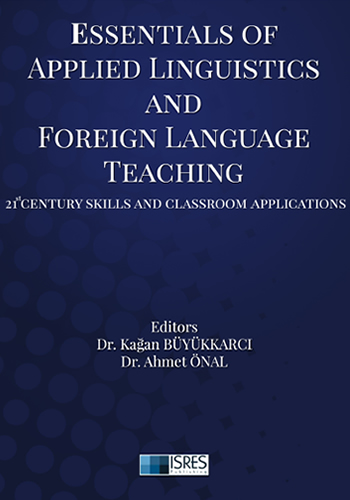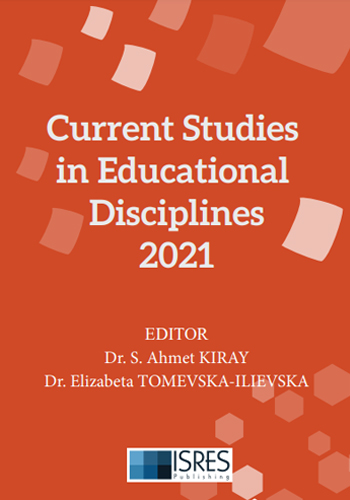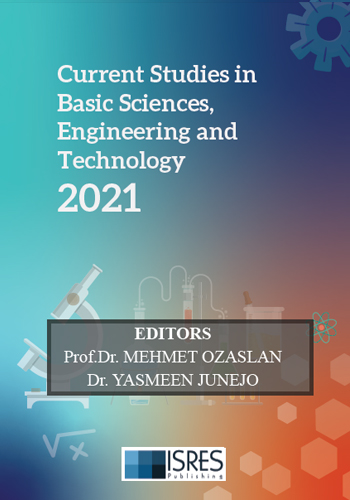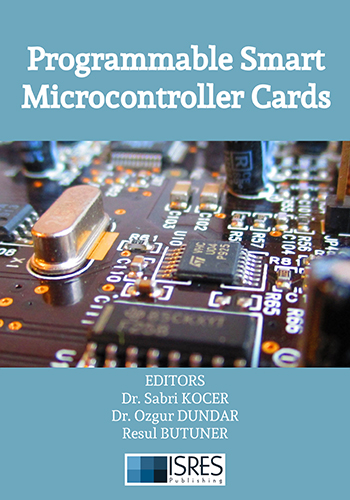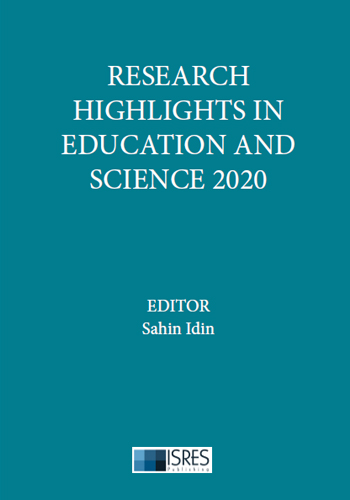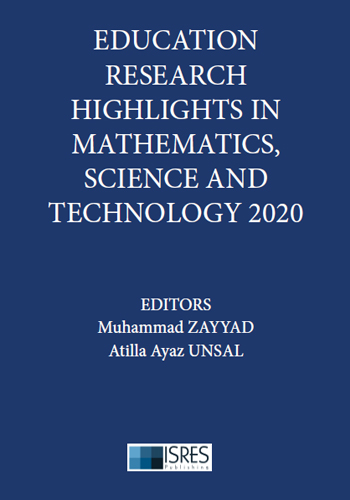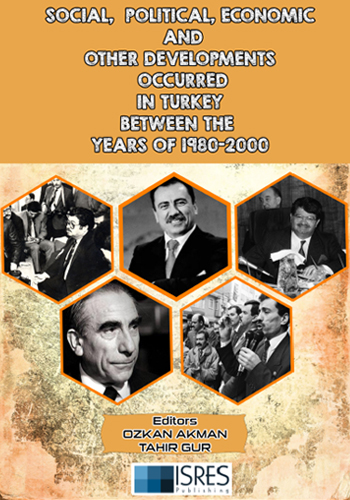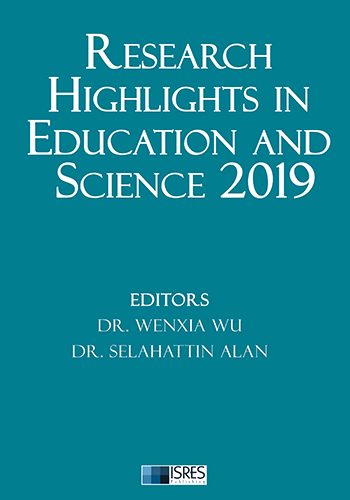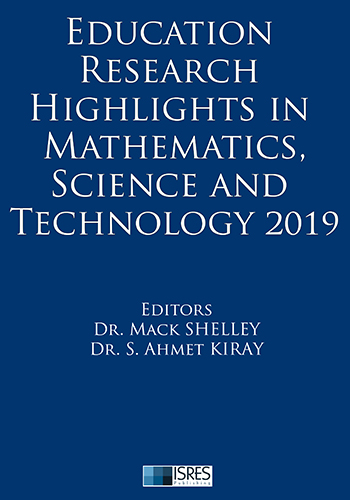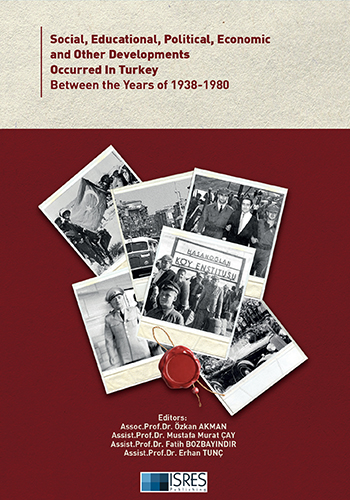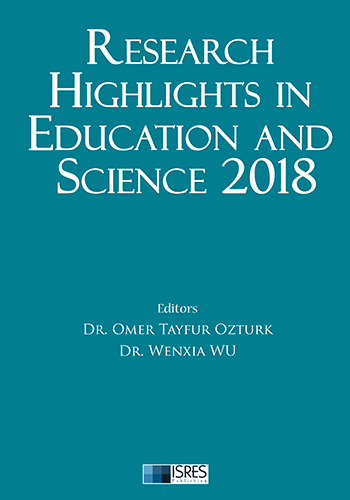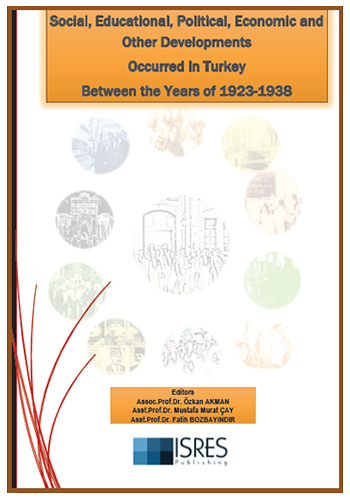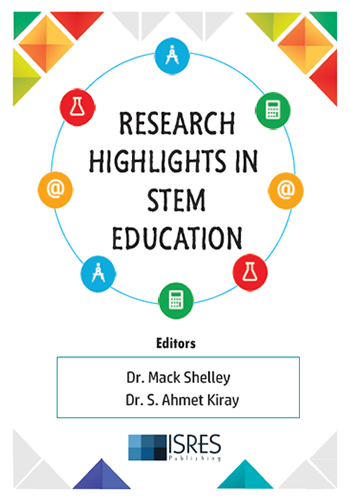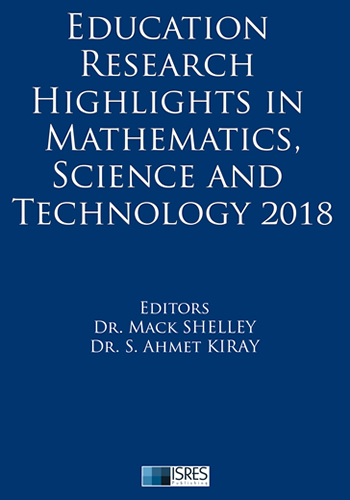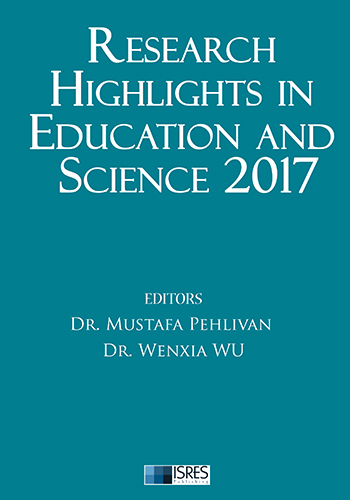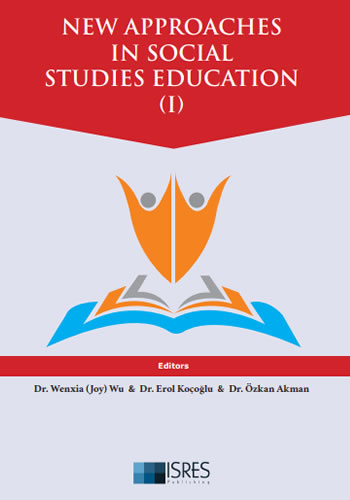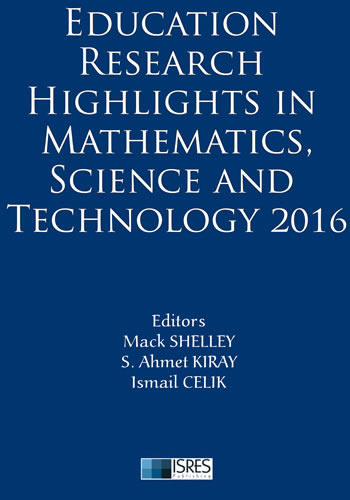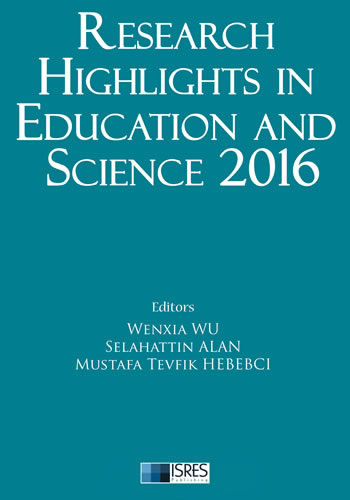Abstract: Science is one of the significant fields in today’s world. It can be described as the process of perception and recognition of the world, thinking about the nature of knowledge, analysis of knowledge and the ways to access information, construction of new information based on the existing one and making estimations about new events. Laboratories can be regarded as places where experimental studies with various equipment and devices and analyses as well as observations are carried out. In the last century, the number of laboratories increased and nearly all disciplined had their own laboratories. In Turkey almost all middle and high schools have their physics, chemistry and biology laboratories and universities also have highly specialized versions of them. Reforms about the improvement of science education programs in the USA soon affected the science education in Europe and similar educational activities began to be used. Such reforms covered the improvement of the contents of science and mathematics courses. At the same time, the significance of science education was again recognized. It was assumed that laboratories were one of the valid and valuable teaching methods in science education. All these changes in the world also affected in the science education in Turkey. In Turkey, science education program was revised in the years of 1936, 1948, 1968, 1992, 2004 and 2013. According to this arrangement of 2013, the program adopted a holistic approach towards teaching and learning, but it was also accepted that students are responsible for their own learning and active student involvement is needed which requires a constructivist approach. Laboratory work is the basis for and indispensable part of science education and all technological research. Individuals could only use their theoretical knowledge of science in laboratories which makes their learning much more permanent. Therefore, studies at laboratories have some certain risks. It requires that at laboratories there should be a safe working environment since workplace laboratories are classified as dangerous. Therefore, staff should know what to do in emergency situations and be aware of potential dangers. In order to provide a safe environment, certain laboratory rules and techniques as well as necessary equipment should be employed. Following such rules is very significant for the health of staff and their safe.
The Use of Laboratories in Science Teaching
Education Research Highlights in Mathematics, Science and Technology 2017
Editors: Dr. Mack Shelley, Dr. Mustafa Pehlivan
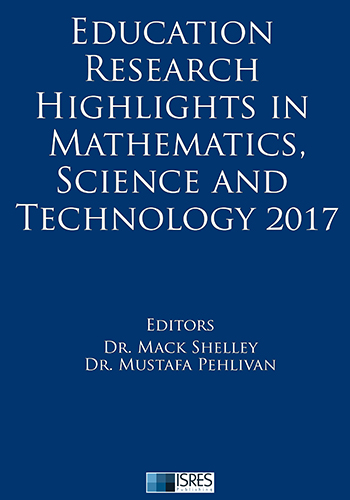
4375
The Use of Laboratories in Science Teaching
Chapter Authors: Cemil Aydogdu
Pages: 122-131
Other Chapters
Conversation as a Space for Students’ Learning in Mathematics Class: Re-Visioning Communicative Interactions
P. Janelle McFeetors
More Info Pages: 2-13
High Level Constraints Weighting on The Possible Shapes Knowledge Can Take on
Pierre Job, Jean-Yves Gantois
More Info Pages: 14-20
A Review of Research on The Misconceptions in Mathematics Education
Yasin Ay
More Info Pages: 21-31
Mathematics Education in South Africa: Many Perspectives, Many Voices
David A. Thomas, Heather A. Handy, Gerrit H. Stols
More Info Pages: 32-41
Infinity as a Mathematics Education Playground
Paul Betts
More Info Pages: 42-46
Educational Design of a Snake Game for Basic Mathematical Operations with a Different Approach
Hayri Incekara, Burak Tezcan, Selahattin Alan, Sakir Tasdemir
More Info Pages: 48-53
A Literature Review: Ipad Technology in The Mathematics and Science Classrooms
Sharon Grace Bixler
More Info Pages: 54-66
Improving Efficiency of Operational Education by Using Virtual Reality
Gazi Kocak, Yalcin Durmusoglu
More Info Pages: 67-71
Role of Information Technology in Education in India
Sangappa S. Rampure
More Info Pages: 72-76
Support and Considerations for Implementing The Survey Toolkit Project-Based Curriculum Using Tinkerplots®
Thomas Walsh Jr.
More Info Pages: 77-94
Web 2.0 in Nigerian University Libraries: A Literature Review
Joseph Chukwusa
More Info Pages: 95-101
Strategies Fostering Development of Innovations in The Areas Of STEM
Anna Szemik-Hojniak
More Info Pages: 102-111
Delineating The Roles of Scientific Inquiry and Argumentation in Conceptual Change Process
Ozgur K. Dogan, Mustafa Cakir, Robert E. Yager
More Info Pages: 113-121
The Use of Laboratories in Science Teaching
Cemil Aydogdu
More Info Pages: 122-131
Lessons Learned Around The Block: An Analysis of Research on The Impact of Block Scheduling on Science Teaching and Learning
Dorothy Holley, Soonhye Park
More Info Pages: 132-138
Budapest/Hungary Conferences - August 28-31, 2025
We are pleased to invite you to ISRES conferences, which will be held at Obuda University/Budapest/Hungary on August, 28-31, 2025. The following conferences will be held in Budapest/Hungary:...
15.01.2025
Trabzon/Türkiye Conferences - May 01-04, 2025
ISRES Spring Conferences - Trabzon/Turkiye SOCIAL SCIENCES – May 1-4, 2025, Trabzon, Türkiye * 5th International Conference on Social Science Studies - IConSoS2025 ...
11.12.2024
Peja/Kosovo Conferences - July 10-13, 2025
We are pleased to invite you to our conferences, which will be held at University of Peja Haxhi Zeka on July, 10-13, 2025. The following conferences will be held in Peja/Kosovo: - 7th Internat...
28.11.2024





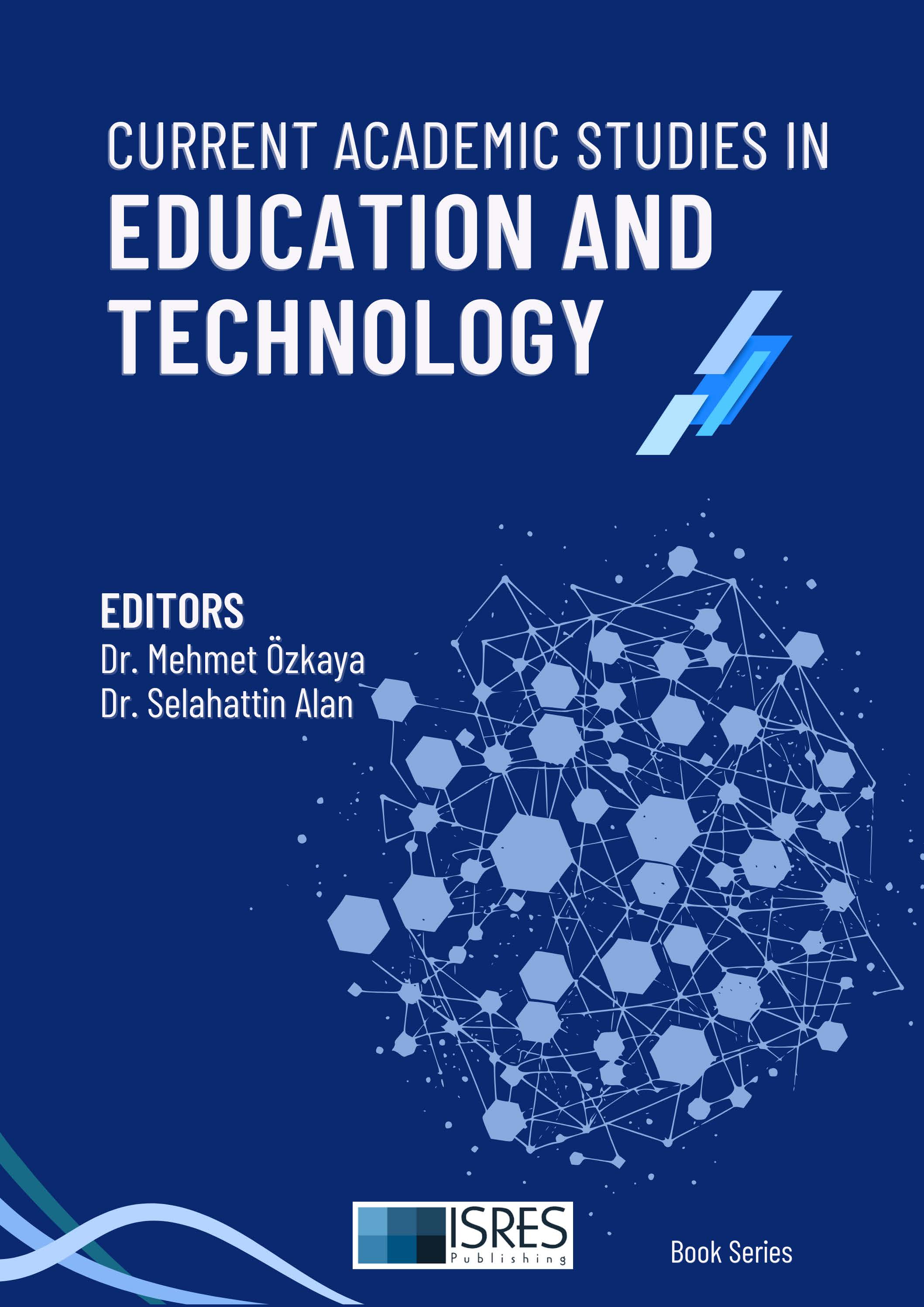


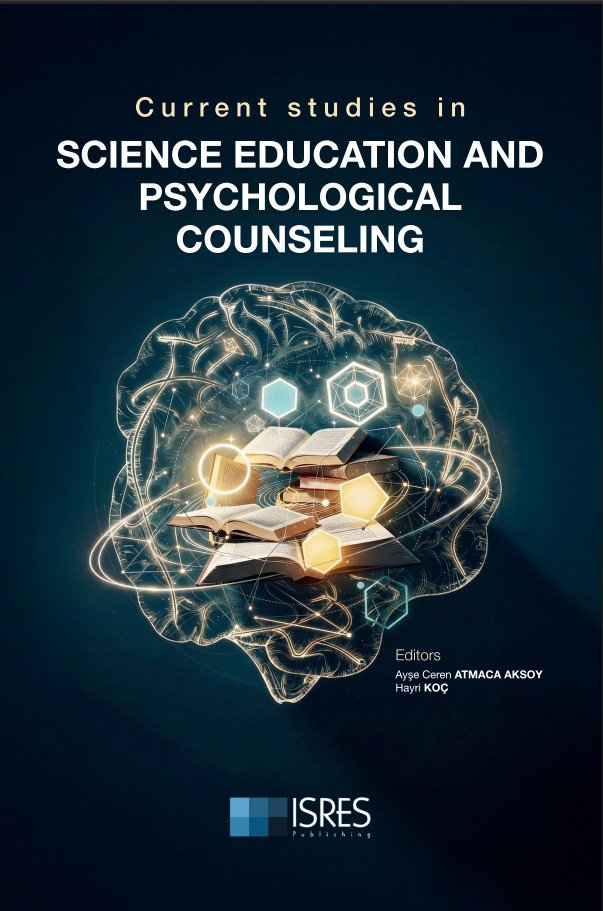
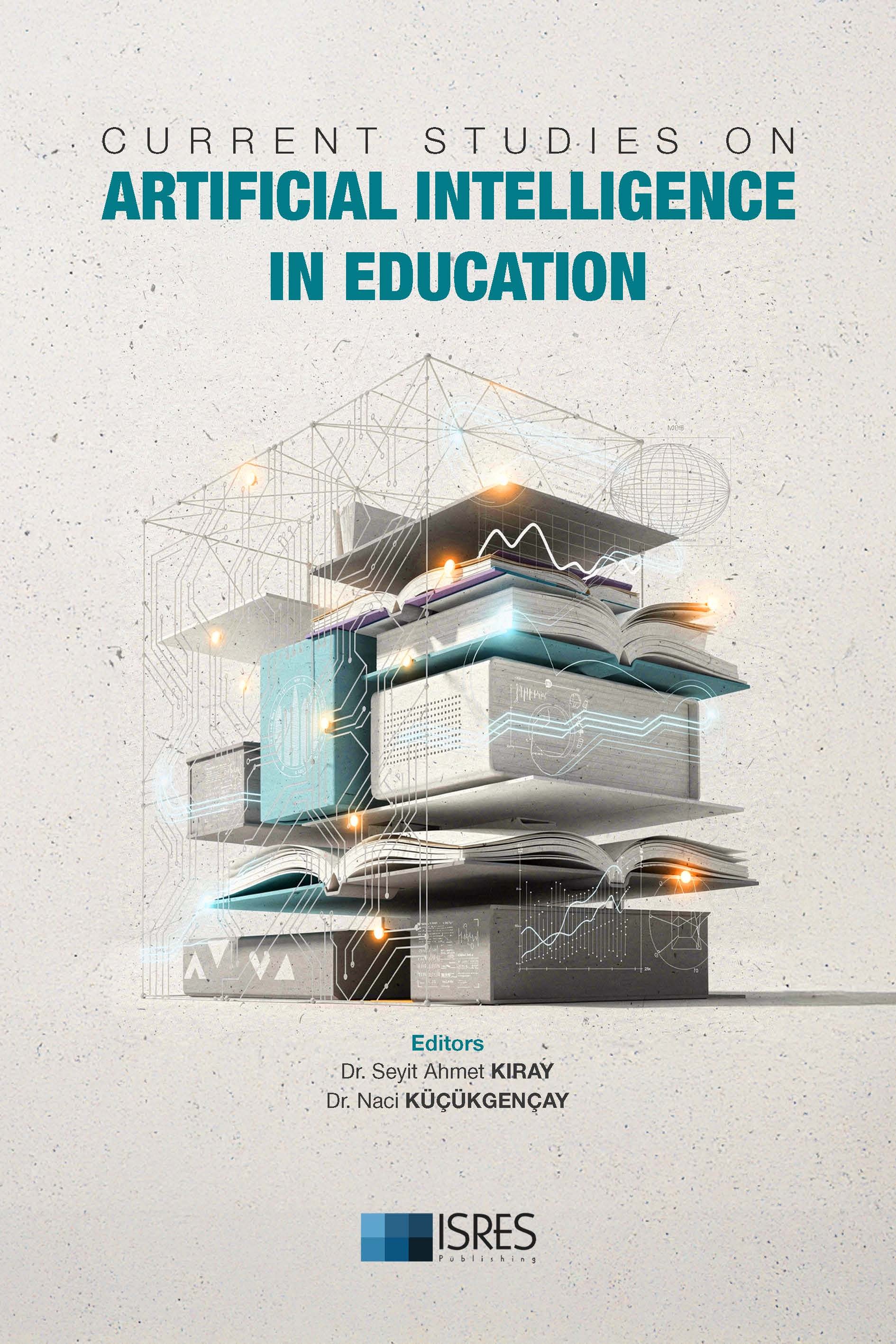
_Sayfa_001_23-12-2025.jpg)
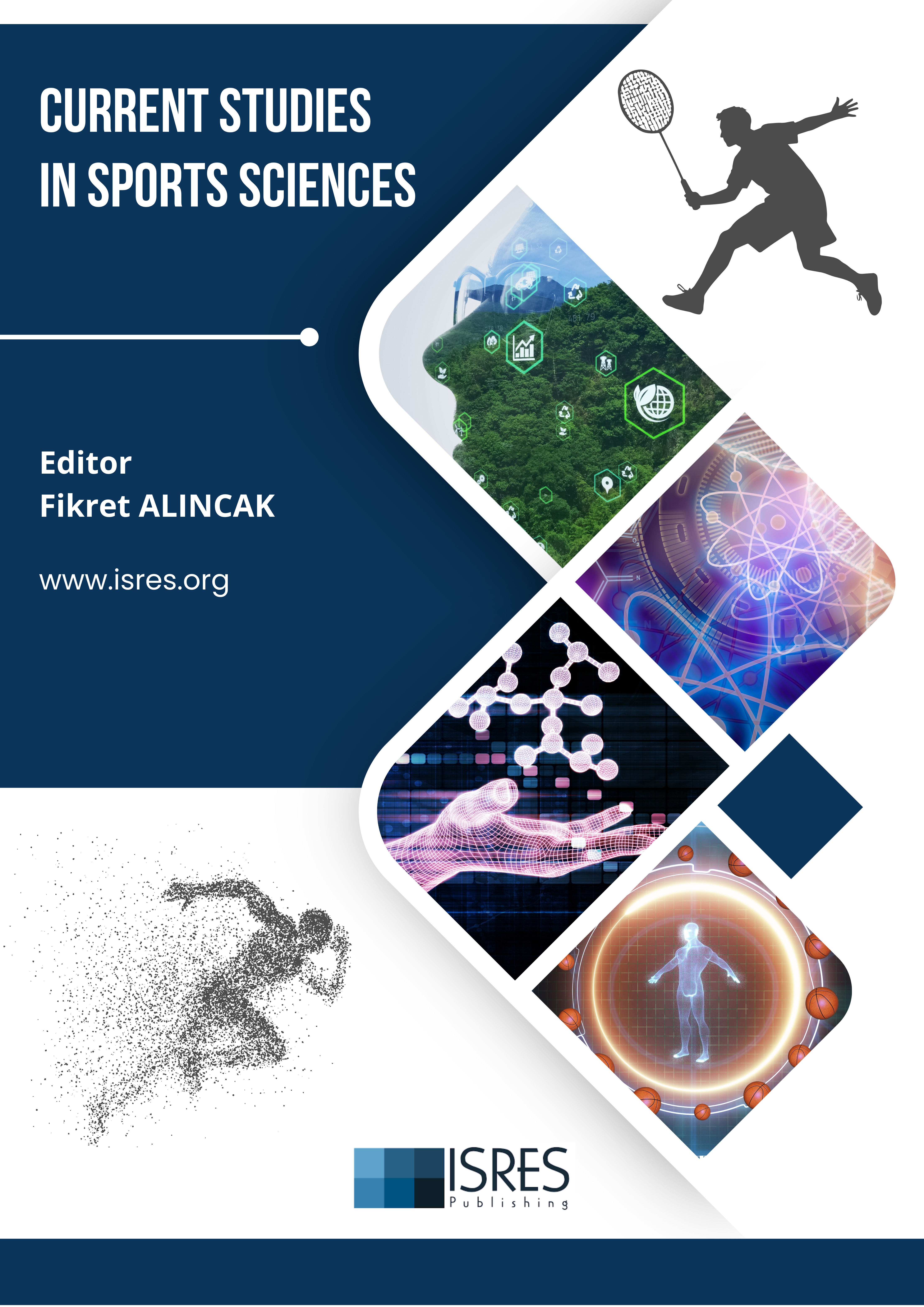


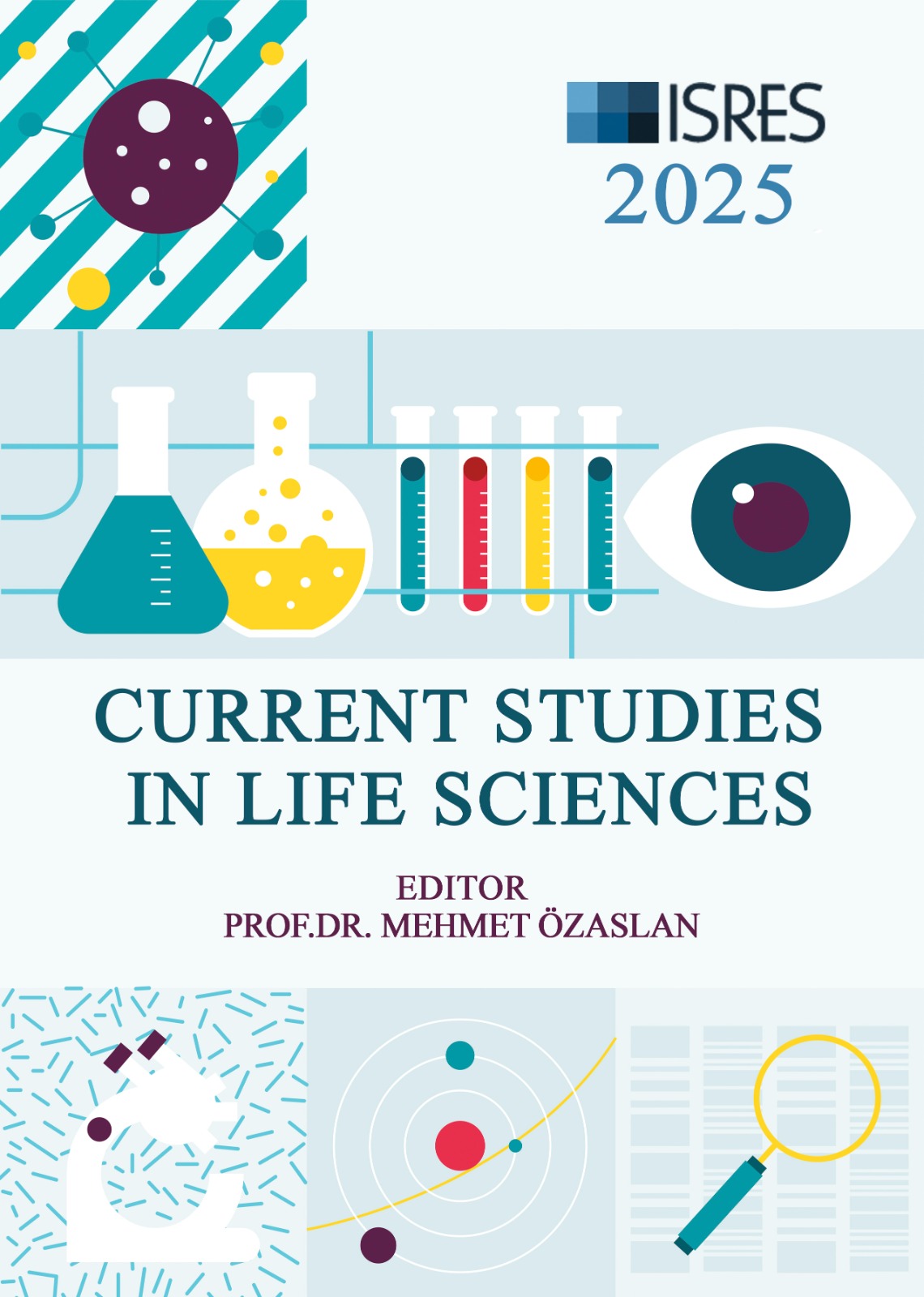
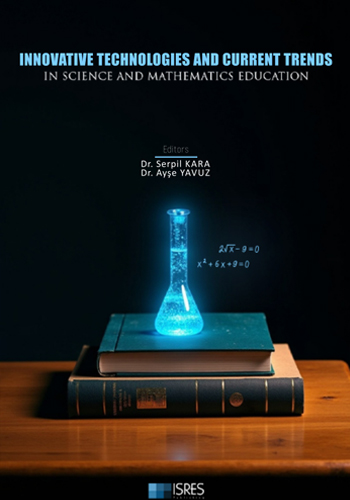
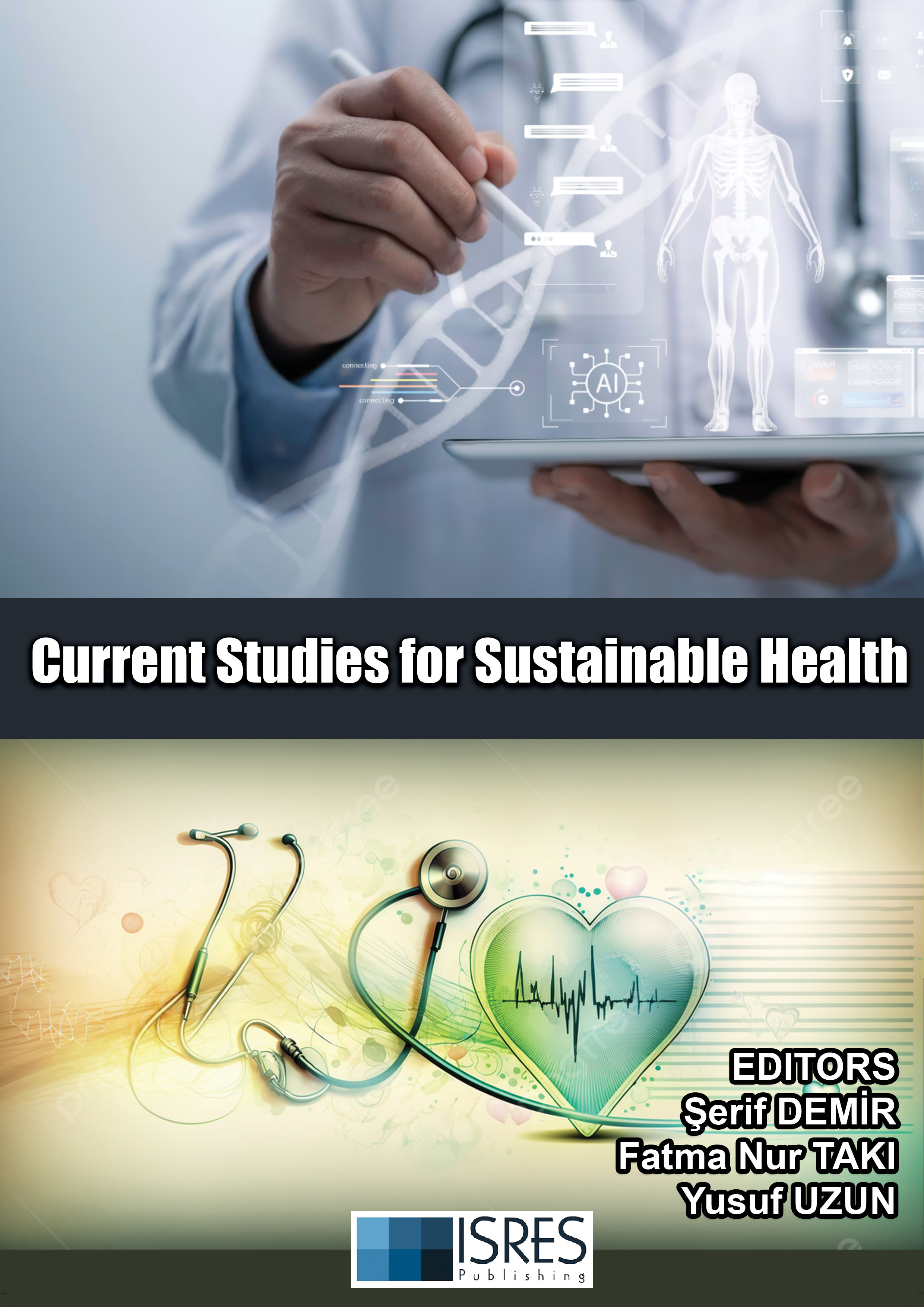

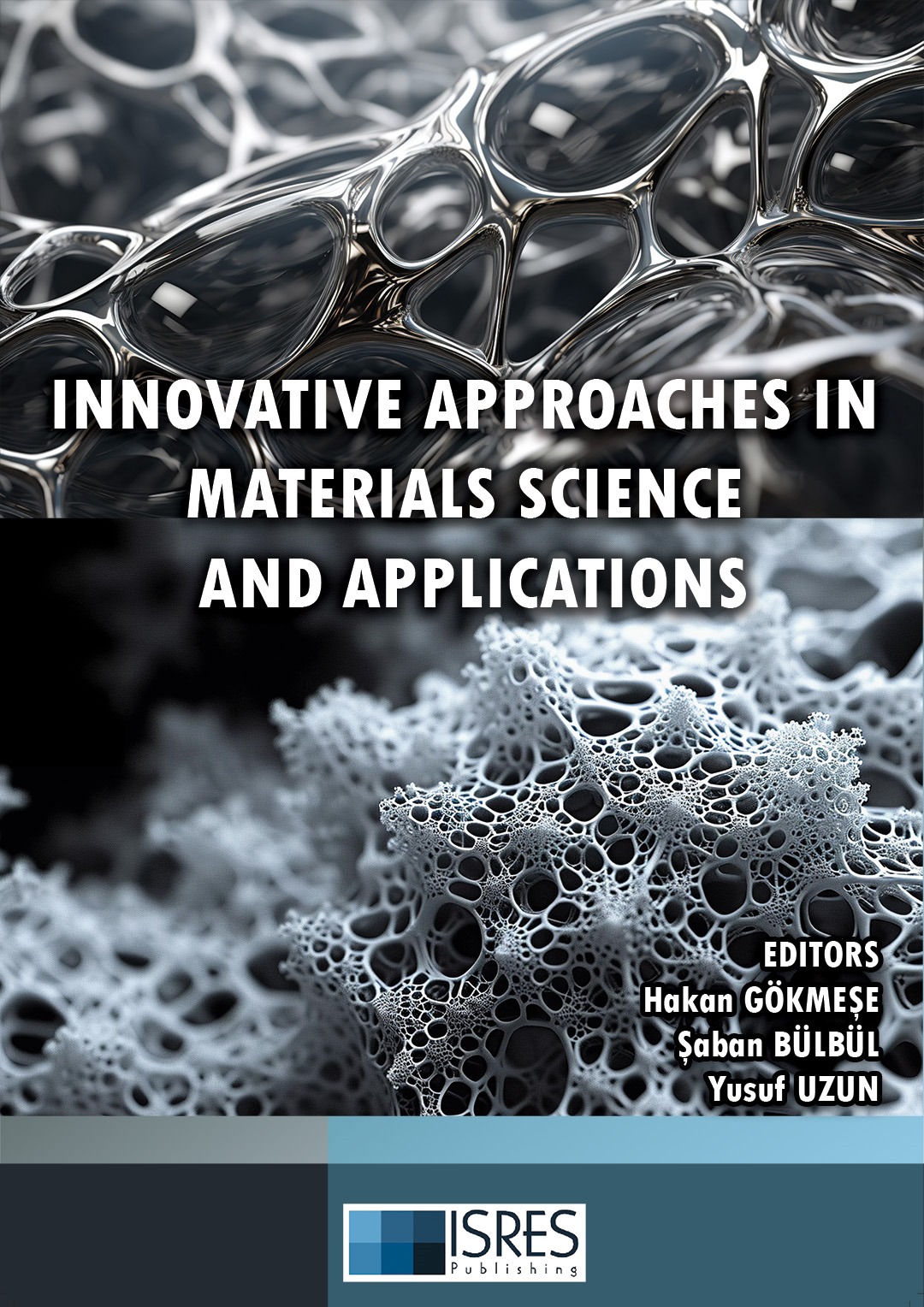
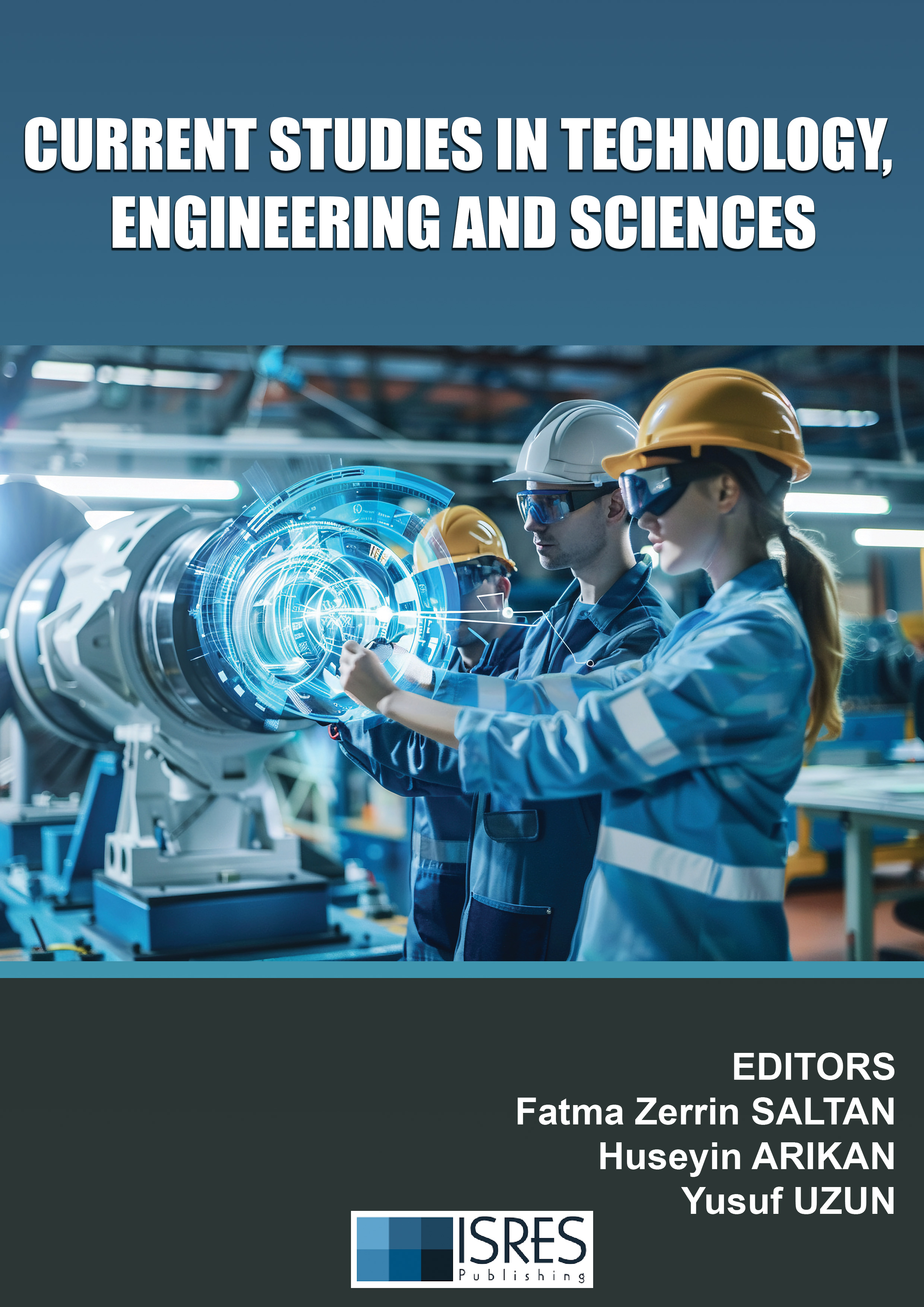

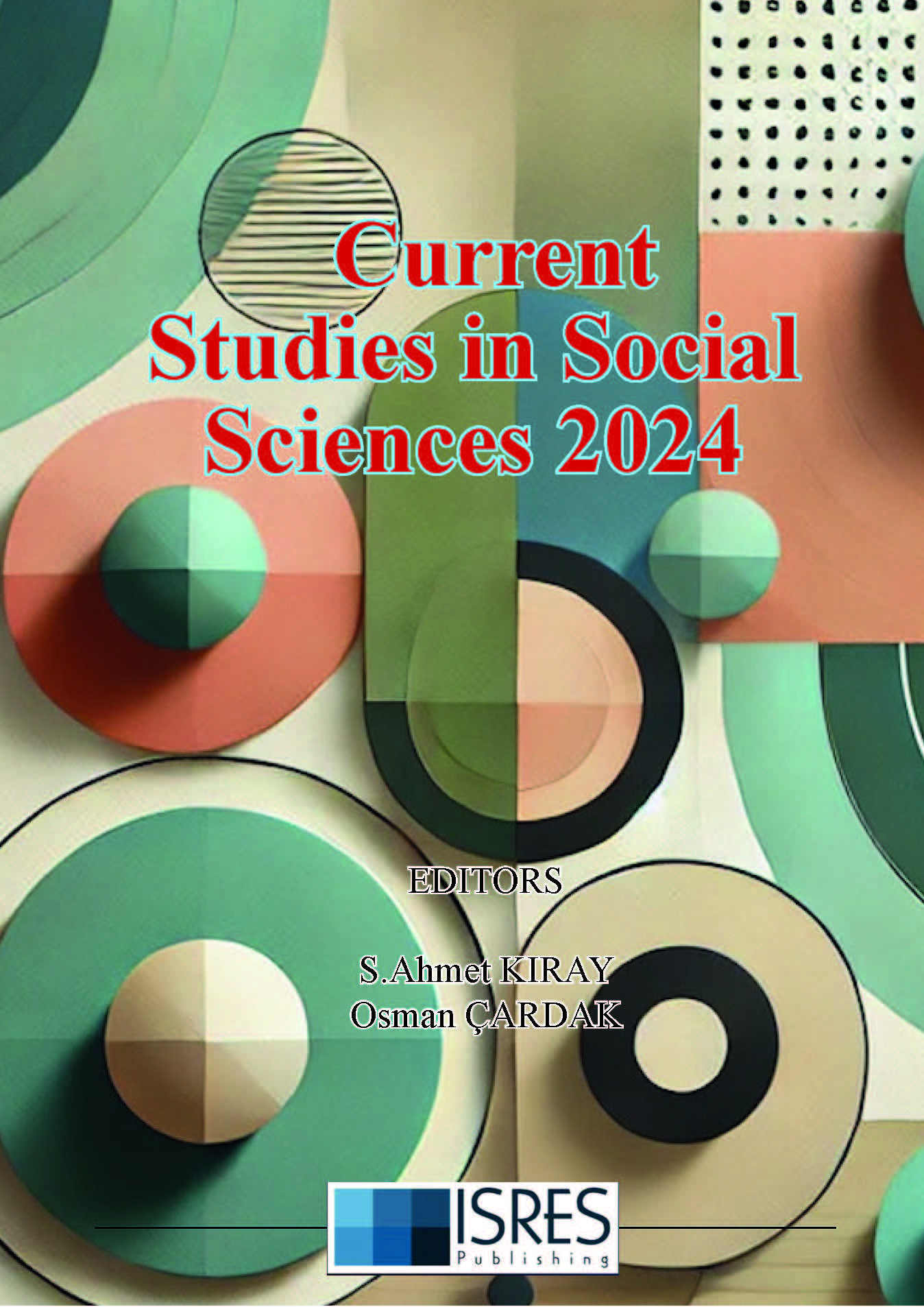
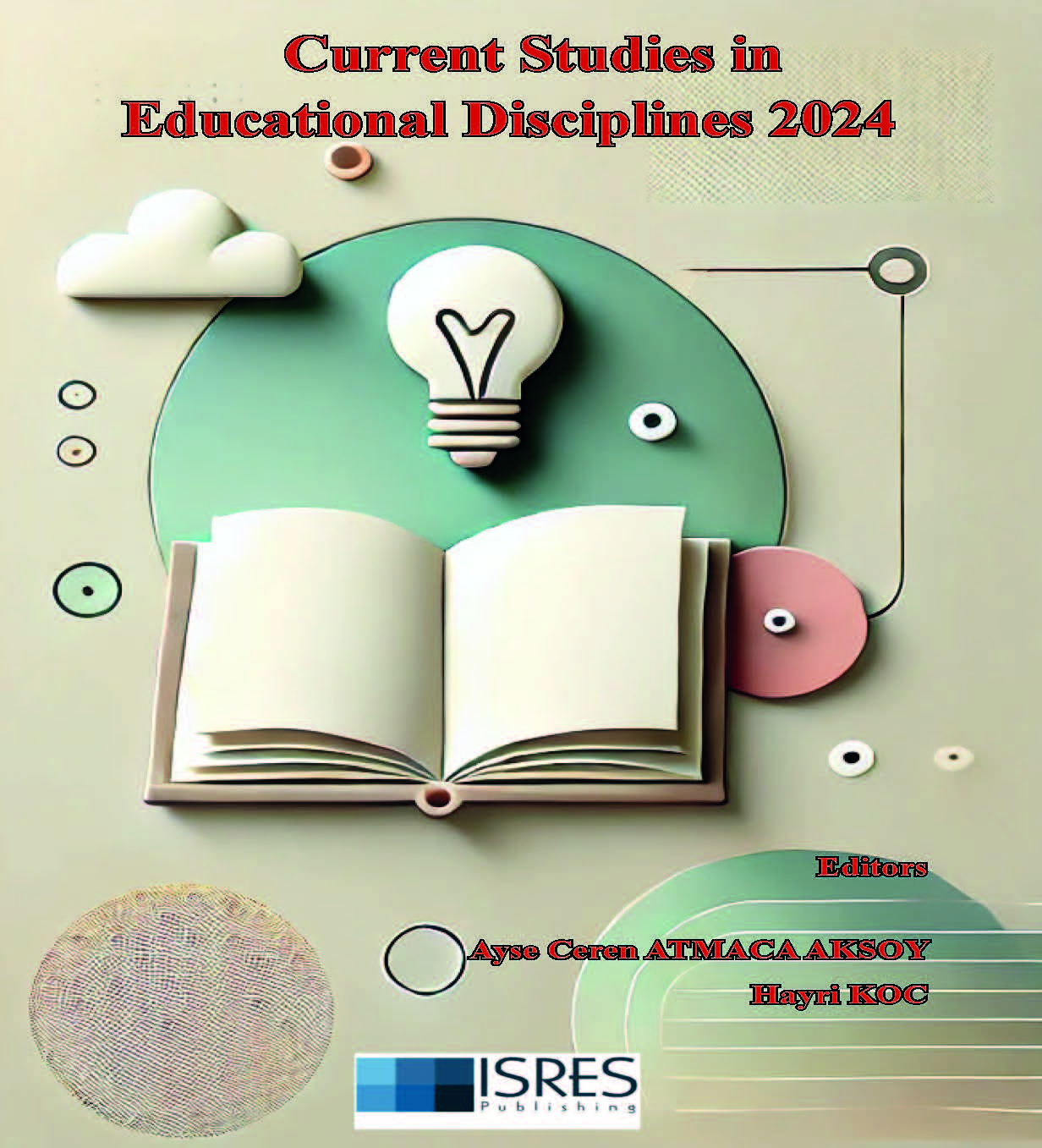
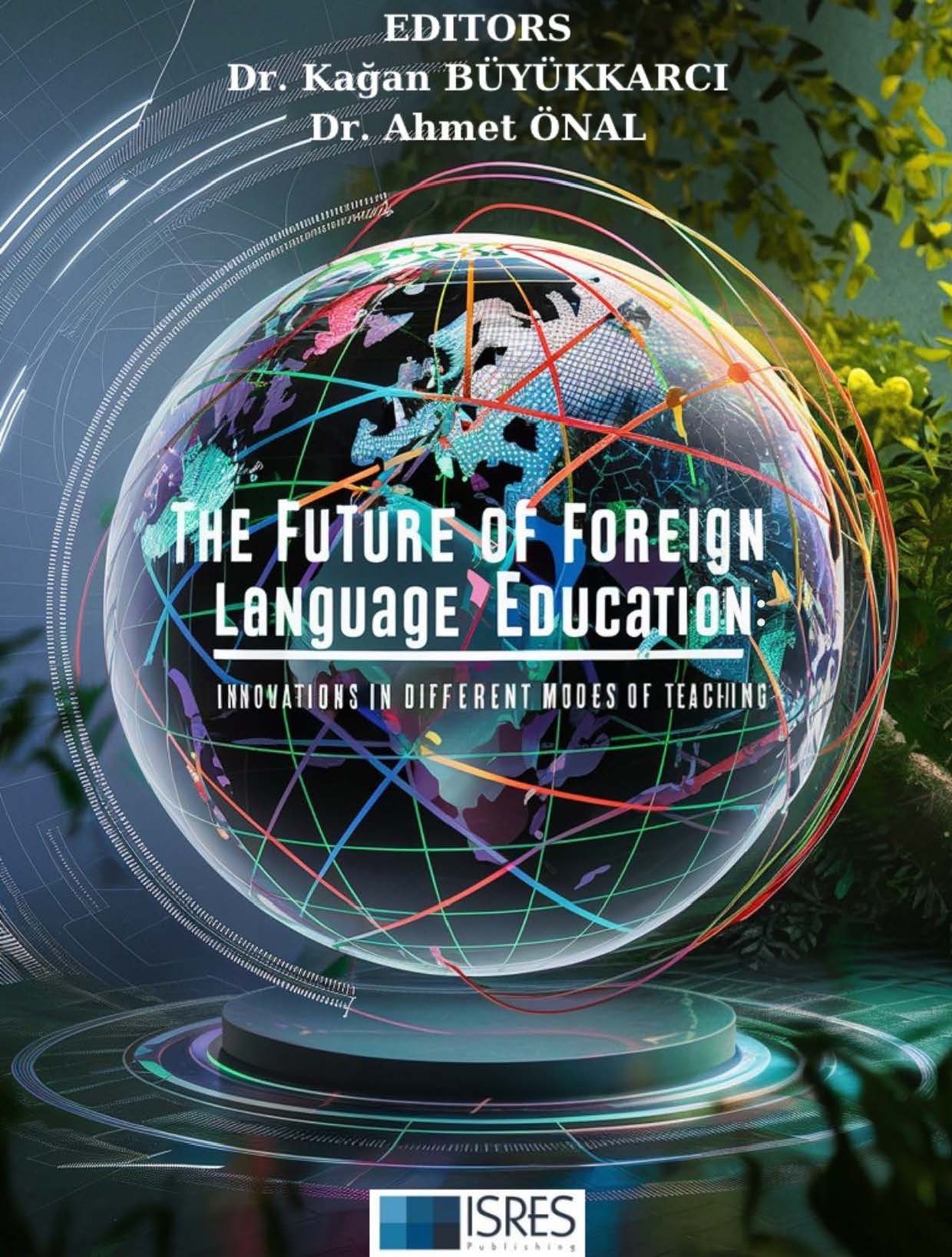
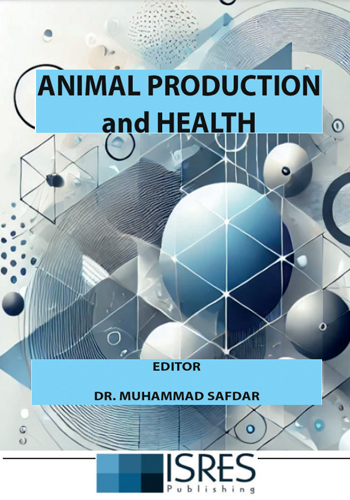
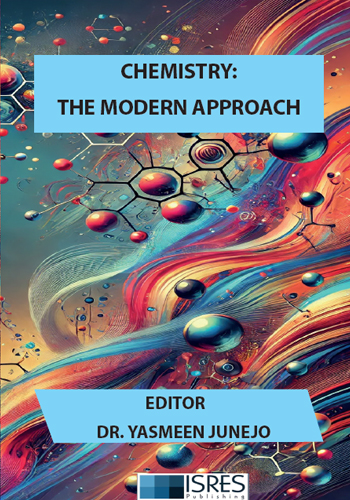
 (1)_16-12-2024.jpg)

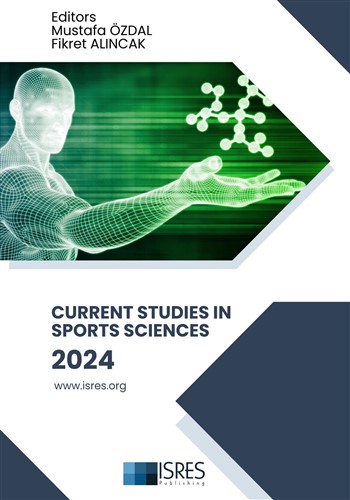
_29-12-2024.jpg)
 (1)_01-01-2025_10-03-2025.jpg)
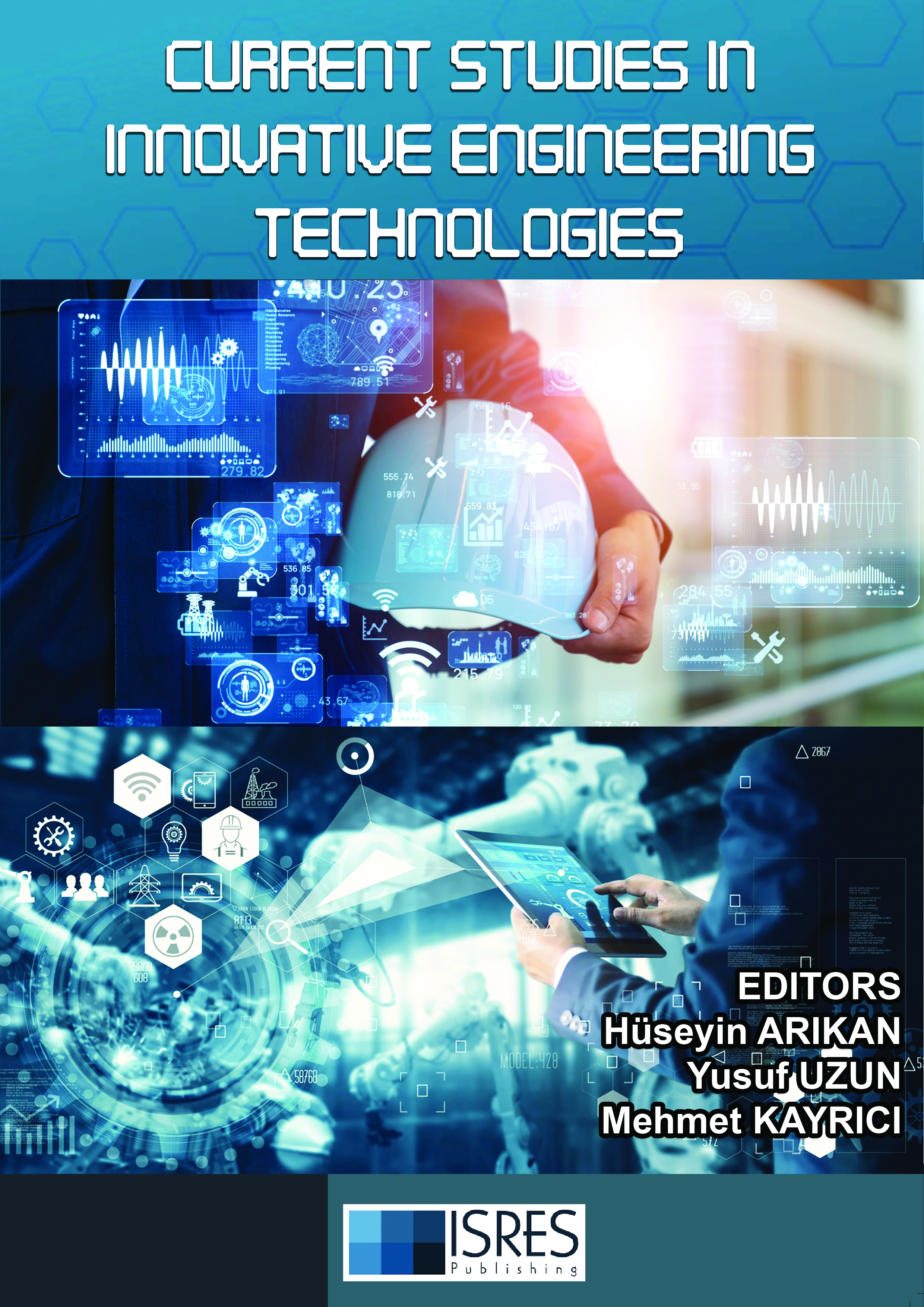
_01-01-2025.jpg)
